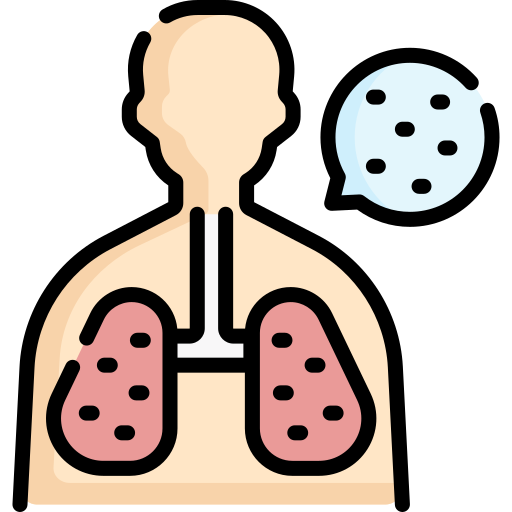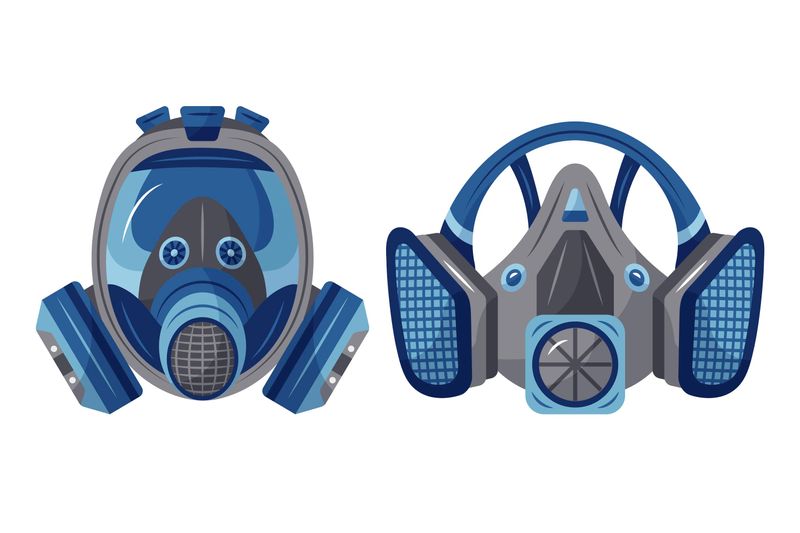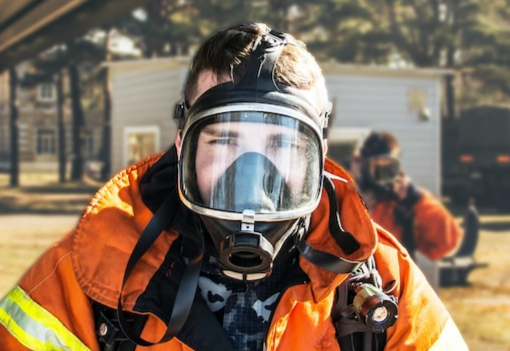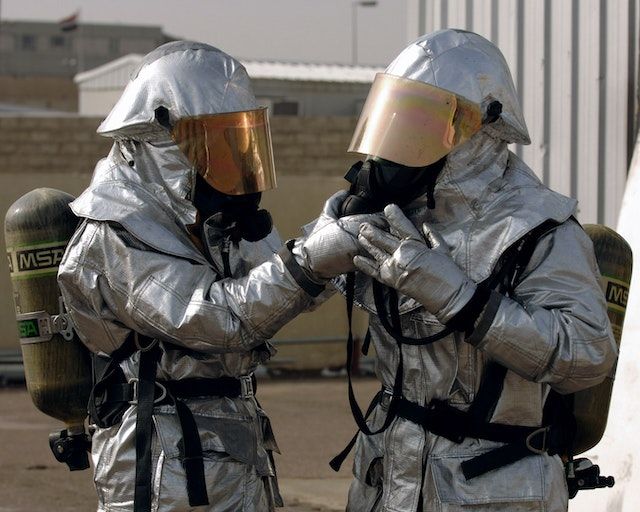
This logo isn't an ad or affiliate link. It's an organization that shares in our mission, and empowered the authors to share their insights in Byte form.
Rumie vets Bytes for compliance with our
Standards.
The organization is responsible for the completeness and reliability of the content.
Learn more
about how Rumie works with partners.
What do hazmat technicians do?
Hazmat (hazardous materials) technicians respond to emergencies involving dangerous substances.


Common materials handled include:
asbestos
radioactive waste
mold
lead
mercury.
These materials may be:
toxic
radioactive
flammable
explosive
corrosive.
How do I become a hazmat technician?

For specialized roles or to work for the government, you'll also need:
a bachelor’s degree in chemistry or environmental science
advanced training and certifications in specific areas — for example, cargo tankers or weapons of mass destruction (WMDs)
Who can I work for?

Hazmat technicians work for a variety of employers, including:
private companies, such as factories, transportation, healthcare, and consulting firms
government agencies, including local, state, and federal
within police, firefighter, and emergency medical technician (EMT) departments as a specialist
research institutions

Depending who you work for, you may:
handle different types of hazardous materials
have a different pay-scale
work different hours
be required to have different certifications
Did you know?
Some companies pay for their employees to become certified or re-certified in specialized areas.
Is this career right for me?

This might sound good if you're...
interested in the sciences, environmental safety, and public health
like being physically active
like to work under pressure
enjoy analysis and investigation to solve problems
someone who loves learning — every day has new situations…and equipment
This may not sound good if you ...
don't like emergency work in dangerous conditions
don't like working on-call, 24/7
don't like physically demanding work and wearing PPE in hot and claustrophobic conditions for extended periods of time
don't like completing lots of paperwork
Quiz
Which strength would be best suited for a role as a hazmat technician?
Because they work in such specialized conditions, hazmat technicians need to be detail-oriented. This allows them to correctly identify the substance they're working with, and any environmental conditions that could affect the situation, then determine a suitable decontamination method.
Take Action

Looking to take the next step to be a hazmat technician?
This Byte has been authored by
Julie White-Robinson
Multimedia producer and LMS admin

 In the USA...
In the USA... In Canada...
In Canada...
